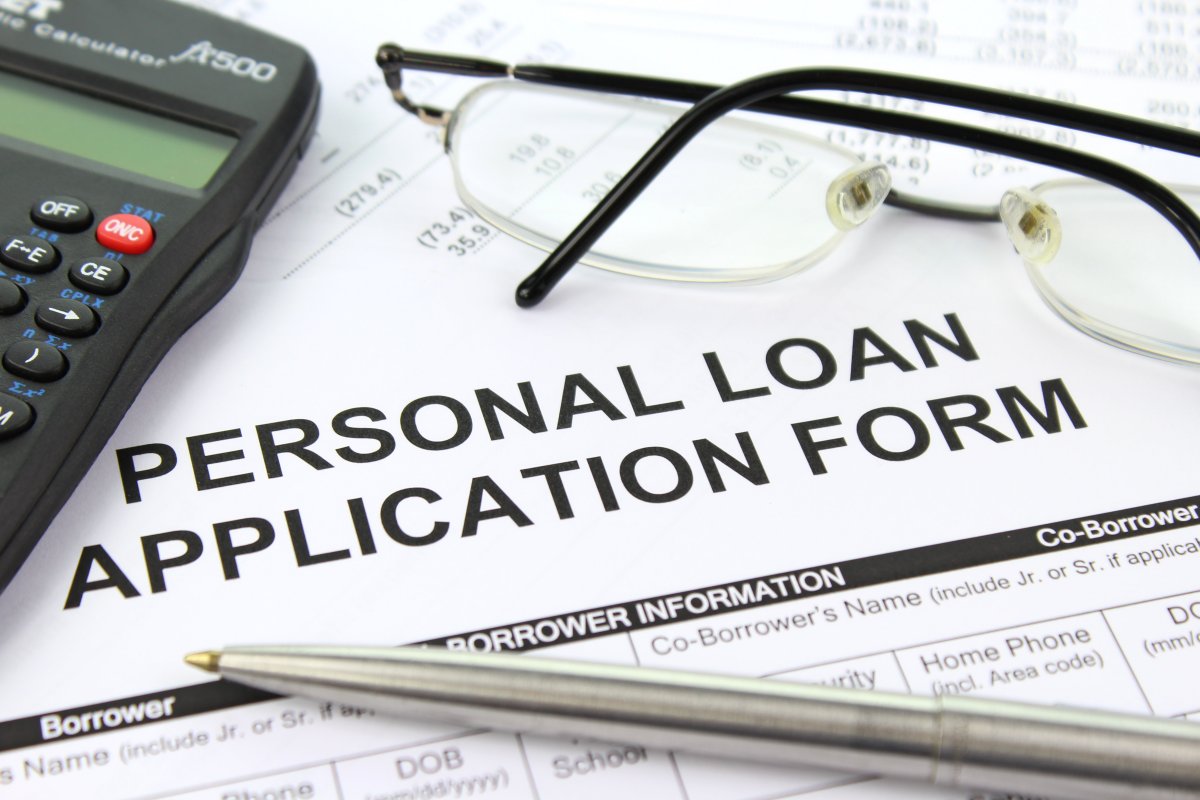Table Of Contents
Introduction
Life is full of surprises, some pleasant, while others not so much. In times of financial crisis, a personal loan can help alleviate the stress and provide a much-needed financial cushion. Personal loans are unsecured loans that can be used for various purposes. Such as home renovation. Medical expenses, education fees, or debt consolidation. In this article, we will explore everything you need to know about personal loans.
What is a Personal Loan?
A personal loan is an unsecured loan that is typically. Issued by banks or other financial institutions. It does not require collateral, making it easier to obtain compared to secured loans. A personal loan can be used for a variety of purposes and is repaid over a fixed period through. Monthly installments that include both principal and interest.
Benefits of Personal Loans
Flexibility
Personal loans can be used for various purposes, making them versatile and flexible.
Quick Approval
Personal loans are usually approved quickly, making them a good option for emergency situations.
No Collateral Required
Personal loans do not require collateral, so there is no need to risk losing any assets.
Predictable Payments
Personal loans are repaid through fixed monthly installments, making it easier to budget.
Types of Personal Loans
Secured Personal Loans
These loans require collateral, such as a house or car, and offer lower interest rates.
Unsecured Personal Loans
These loans do not require collateral but have higher interest rates.
Debt Consolidation Loans
These loans are used to consolidate multiple debts into one monthly payment with a lower interest rate.
How to Apply for a Personal Loan?
Check Your Credit Score
A good credit score increases the chances of loan approval and better interest rates.
Choose a Lender
Shop around for lenders that offer competitive interest rates and favorable terms.
Gather Required Documents
These may include proof of income, ID, and other financial information.
Submit Your Application
Online applications are becoming increasingly popular and convenient.
Eligibility Criteria for Personal Loans
Age
Most lenders require the borrower to be at least 18 years old.
Income
A steady income is necessary to ensure repayment of the loan.
Credit Score
A good credit score increases the chances of loan approval and better interest rates.
Employment Status
Lenders prefer borrowers with stable employment.
Also check this: Debt Consolidation Loan
Frequently Asked Questions (FAQs) about Personal Loans
Q. What is the interest rate for a personal loan?
The interest rate for personal loans varies depending on the lender, loan amount, and borrower’s credit score.
Q. What is the maximum amount I can borrow with a personal loan?
The maximum loan amount depends on the lender’s policy and the borrower’s creditworthiness.
Q. How long does it take to receive the loan amount?
The time taken to disburse the loan amount varies depending on the lender and the mode of application.
Q. Can I repay the loan before the due date?
Yes, most lenders allow prepayment of personal loans without any penalty.
Conclusion
A personal loan can be a lifesaver in times of financial need. They offer flexibility, quick approval, and predictable payments. It’s important to choose a lender wisely, considering factors such as interest rates, repayment terms, and eligibility criteria. With proper planning and financial discipline, personal loans can be a great tool to overcome financial hurdles.
